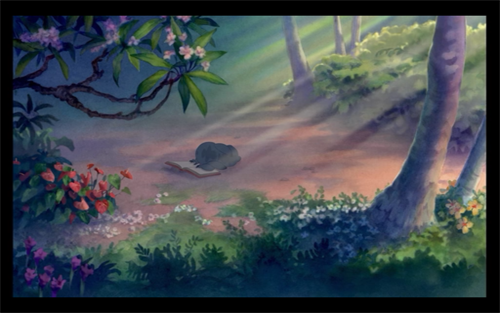
Image credit: captured from Netflix.com
If Frozen (as my previous blog argues) gleefully revises Disney’s traditional iconography, Lilo and Stitch does something far more interesting. Both are, in their ways, re-telling of fairy tales, but Lilo and Stitch proves far weirder, as well as far more intelligent, than its visually-immaculate descendent. We have already discussed Lilo and Stitch once at the Viz blog, praising it for its ability to subvert the “prince charming” narrative. Yet Lilo and Stitch is certainly worth at least one more look. The film is, in fact, both far more critical, and far more thoughtful, than Frozen is. Indeed, the film (despite its rough spots) is sophisticated and thoughtful in a lot of ways that Frozen never dreams of being, and may have something quite important to say about the way we engage with popular children’s stories.
Recent comments
2 years 29 weeks ago
2 years 44 weeks ago
2 years 44 weeks ago
2 years 50 weeks ago
3 years 4 weeks ago
3 years 4 weeks ago
3 years 4 weeks ago
3 years 6 weeks ago
3 years 6 weeks ago
3 years 6 weeks ago